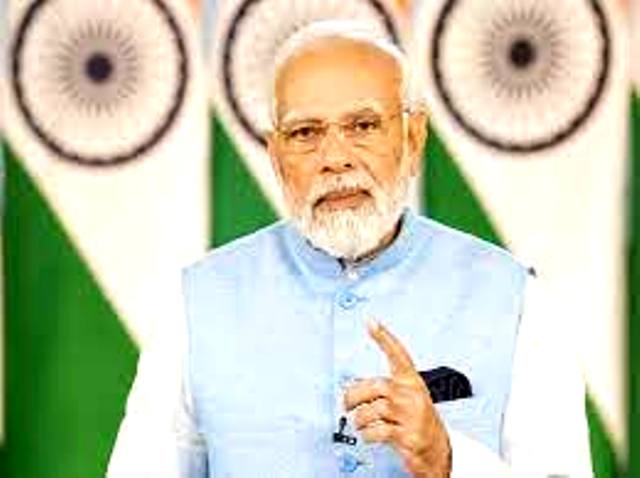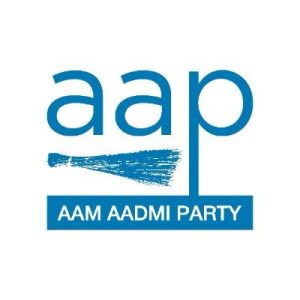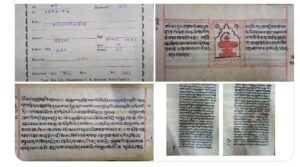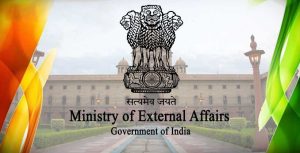New Delhi, 12 August: Prime Minister Narendra Modi said on Saturday that India has a strict policy of zero tolerance against corruption. The collective efforts of the G-20 countries can play an important role in the fight against corruption.
Prime Minister Modi said this while addressing the G-20 Anti-Corruption Ministerial Meeting held in Kolkata via video message.
The Prime Minister received the dignitaries in Kolkata, the city of Nobel laureate Gurudev Rabindranath Tagore.
He said that for the first time, the G-20 anti-corruption ministerial meeting is being held physically. Referring to the writings of Tagore, the Prime Minister warned against greed.
He said that greed prevents us from realising the truth.
The Prime Minister underlined that corruption affects the poor and the marginalised the most. This affects the use of resources. distorts the markets. It affects service delivery and ultimately reduces the quality of life for people.
Quoting Kautilya in Arthashastra, the Prime Minister said that it is the duty of the government to increase the resources of the state to maximise the welfare of its people.
He stressed the need to fight corruption to achieve this goal and said that it is the sacred duty of the government towards its people.
The Prime Minister said, ‘India is leveraging technology and e-governance to create a transparent and accountable ecosystem. Leakages and loopholes in welfare schemes and government projects are being plugged. This has resulted in the direct transfer of funds to their bank accounts and helped people in India.
The Prime Minister said the government has simplified various processes for businesses and cited the example of automation and digitization of government services. “Our government e-marketplace, or GeM portal, has brought more transparency to government procurement,” he said.
The Prime Minister said the government is aggressively pursuing economic offenders and has recovered assets worth over $1.8 billion from economic offenders and fugitives.
He also mentioned the Prevention of Money Laundering Act, which has helped criminals seize more than $12 billion in assets since 2014.
The Prime Minister recalled the discussions on the challenge of fugitive economic offenders for all G20 countries and the Global South at their first G20 Summit in 2014.
He also mentioned presenting a nine-point agenda for action against fugitive economic offenders and the recovery of assets. Expressed happiness at the decisive steps taken by the G-20 Summit and Working Group in 2018.
The Prime Minister welcomed the action-oriented high-level principles on three priority areas, namely, law enforcement cooperation through information sharing, strengthening asset recovery mechanisms, and enhancing the integrity and effectiveness of anti-corruption authorities.
He expressed happiness that an agreement has been reached on informal cooperation between law enforcement agencies, which will prevent criminals from taking advantage of legal loopholes while crossing the border. Highlighting the importance of timely asset tracing and identification of proceeds of crime, the Prime Minister stressed the need to encourage countries to enhance their domestic asset recovery mechanisms.
Modi suggested that the G-20 countries set an example by using non-conviction-based confiscation to speed up the recovery of foreign assets and said it would ensure the speedy return and extradition of criminals after due judicial process. “This will send a strong signal about our joint fight against corruption,” he asserted.
The Prime Minister said that the collective efforts of G-20 countries can significantly support the fight against corruption, and a big difference can be made through increased international cooperation and the implementation of stronger measures that address the root causes of corruption.
Modi also highlighted the role of audit institutions in the fight against corruption.





